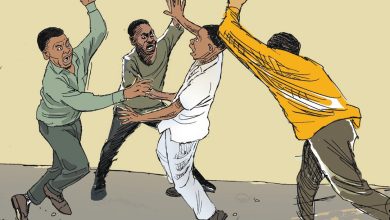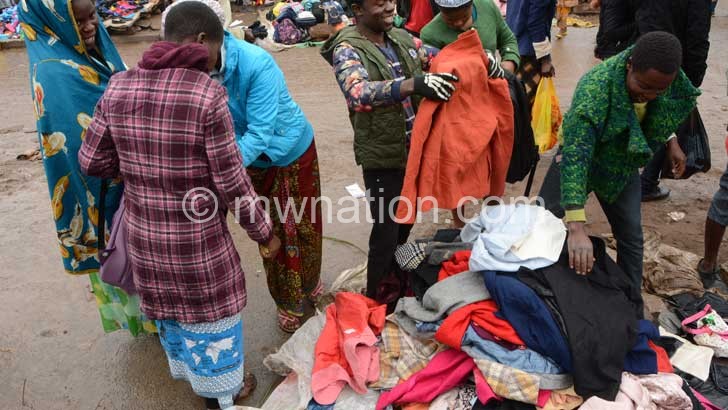Stop trivialising sexual assault
In the past week, social media has been buzzing with all sorts of discussions. From politics to entertainment and everything in between. It is this same week that Malawi’s comedian Felistus Nyau Uyu Ngwira shared her experience with some man she said offered to give her K10 million only if she allowed him to sleep with her.
What followed after her post on Facebook, was a barrage of abuse towards Felistus. One common thing in all the comments that followed, especially abusive comments towards the comedian, was the blaming of Felistus and the trivialising of her case. There were and still are so many people who dismissed her on the account that she is a comedian and therefore they cannot trust what she says because it might as well be a joke.
I, for one, when I read her post, I believed her and actually, I can relate to her story.
In my profession as a journalist, I have lost count of the number of times I have been asked for sexual favours in return for an exclusive story. This is from news sources and sometimes from workmates. They promise to give you documents for a story only if you undress for them. It is from this background that I sympathise and stand with Nya Uyu.
What is disheartening in issues of sexual assault is the fact that people and society tend to put blame on the victim.
It is impossible to justify an act as heinous as rape, or any form of sexual assault. All too often, though, that’s exactly what people try to do—pointing fingers at victims—the clothes they had on, the make-up they were wearing, the signals they sent, the alcohol they had consumed and the time of the day they were with the perpetrator.
Within this culture of victim blaming, women are told to change their own behaviour in order to avoid being assaulted. Women are told repeatedly to dress less provocatively and use less makeup, drink less alcohol, not to go out at night, and not put themselves in risky situations. The sad part of this culture is that it perpetuates the belief that women and girls and babies too, are at fault when they are attacked. This leads to a lack of accountability for the attacker.
It also makes it harder for the victim or survivor to come forward and report the abuse. If the survivor knows that you or society blames them for the abuse, they will not feel safe or comfortable coming forward and talking about it or even reporting to authorities. By engaging in victim-blaming attitudes, society allows the abuser to avoid accountability for their actions. There is absolutely nothing wrong that Nya Uyu did and, therefore, nobody should blame her for some man’s failure to control his libido.
Reading through social media comments on such matters, makes one wonder whether those commenting really take time to process the information at hand and understand the dynamics of sexual assault. A good number of men and women are questioning whether what Nyau Uyu is saying is true and for them to believe her they are asking for evidence. What evidence do you want?
It is sad that victims of sexual attack have to think of how they will defend themselves if their story comes out. They have to explain why it happened to them and why they were in such a place at such a particular time. Victims of sexual violence need support, be it moral, psychological or material. They do not need interrogation and ridicule from family and friends—not especially from keyboard warriors.
So, the next time you find yourself wondering what someone else did to be sexually attacked or even raped, take a moment to consider the psychological biases that affect your judgment. Rather than blame the victim, try putting yourself in that person’s shoes and perhaps try a little empathy instead





